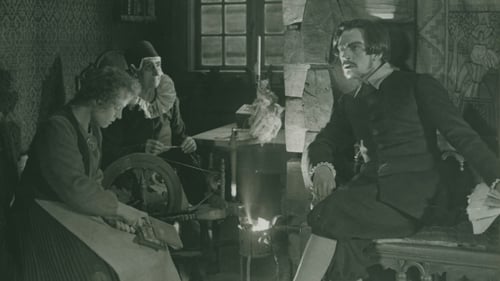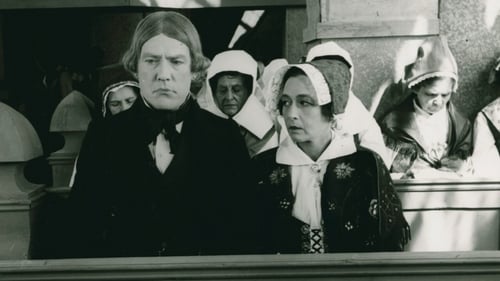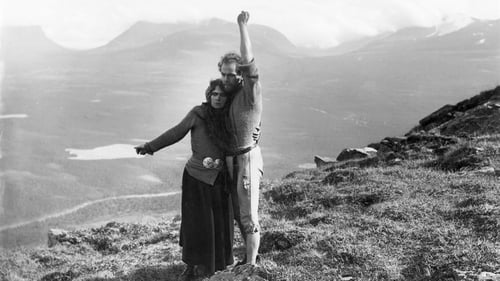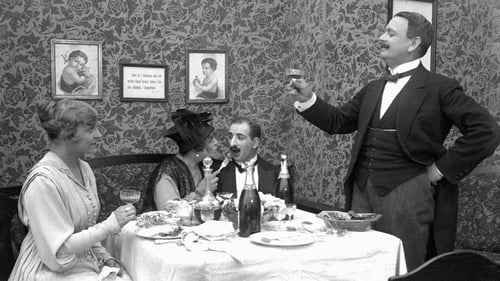
Dame Margarete
La historia está ambientada en una parroquia campestre en el siglo XVII, a la que llega un nuevo párroco para ocupar su puesto, que ha quedado vacante. El hombre se ha llevado a su prometida, pero las costumbres dictaminaban que el nuevo párroco debería casarse con la viuda del anterior. Sería además el cuarto marido de la dama en cuestión, siendo ésta muy mayor.

Marta
Part one of an ambitious screen adaptation of Selma Lagerlöf's book Jerusalem.

Church visitor
Un extraño llega a trabajar a la granja de la viuda Halla. Pronto ambos caerán en las redes del amor, pero todo se vendrá abajo cuando el turbio pasado del hombre salga a la luz. Decididos, sin embargo, a seguir juntos, deciden dejarlo todo y refugiarse en las montañas de Islandia, aunque eso signifique vivir en la miseria.

In a small provincial town there is a hotel run by one of those eccentric cooks of long ago who made generous meals that have nothing in common with the extravagant restaurateurs of nowadays and their meagre menus. The manager is named after Alexander the Great and in his restaurant the town bourgeoisie meet and discuss various issues, especially matters of the heart. Morals are part of the conversations and prove to be complicated issues even for strict and serious Nordics. 28 minutes of runtime are missing and presumed lost.

Courtroom audience
A 1917 Swedish drama film directed by Victor Sjöström, based on a 1913 novel by Selma Lagerlöf. It was the first in a series of successful Lagerlöf adaptions by Sjöström, made possible by a deal between Lagerlöf and A-B Svenska Biografteatern (later AB Svensk Filmindustri) to adapt at least one Lagerlöf novel each year. Lagerlöf had for many years denied any proposal to let her novels be adapted for film, but after seeing Sjöström's Terje Vigen she finally decided to give her allowance.

Villager
La película se basa en las 52 estrofas del poema épico del mismo nombre (1882), que narra la dramática historia del marinero Terje Vigen, que durante las guerras Napoleónicas (1807-1814), iba en barca desde Mandal a Dinamarca para llevarle cebada a su hambrienta familia.



